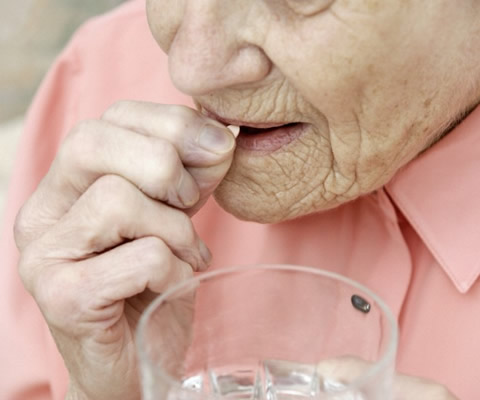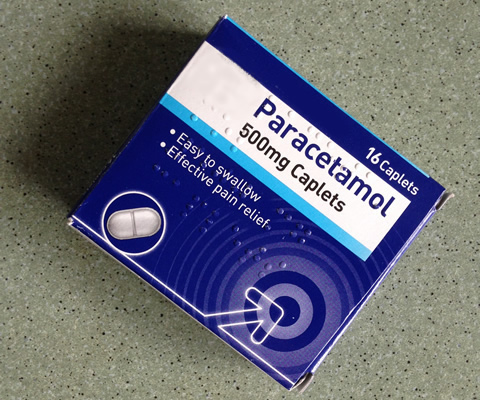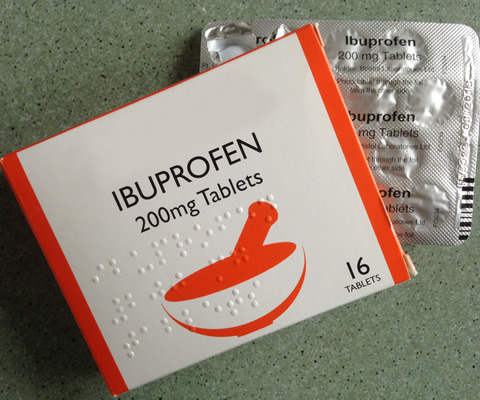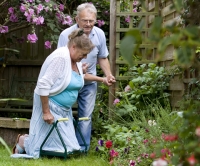Medications and Older Adults course


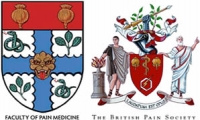
This session describes the physiological changes that occur with ageing and the effects these changes have on the handling of analgesic medicines.
Learning Objectives
By the end of this session you will be able to:
- Describe the physiological changes of ageing that alter drug handling
- Outline the effect of physiological changes on the handling of paracetamol and NSAIDs in older people
- Explain the clinical relevance of pharmacological differences between different opioids in older people
- Describe the considerations when choosing pharmacological treatments for neuropathic pain in older people
- Identify topical treatments for pain that may be effective for older people
Pain is a common symptom for many older people, who often have other conditions or illnesses and take multiple medicines. Safe prescribing of analgesics in older people is complex due to changes in how the body handles medicines, other medical conditions, polypharmacy and variability in response.
Roger completed his pre-registration training in the pharmaceutical industry and hospital pharmacy. He originally came to Nottingham to study for a doctorate in opioid pharmacology where his interest in pain management began.
For nearly ten years, Roger’s main role was to provide a clinical pharmacy service to the Anaesthetics directorate and to contribute to clinical activity of the multidisciplinary Pain Management Service. In September 2011, he was appointed to a new clinical academic position that provides teaching and research opportunities whilst maintaining regular clinical practice.
Roger is chair of the United Kingdom Clinical Pharmacy Association Pain Management Group. He was co-opted to the Council of The British Pain Society for several years before becoming and elected Council Member in 2011. He represents the Royal Pharmaceutical Society on pain management issues in both online and traditional media, including BBC Regional Radio regular comment.
Roger is a module editor and author for the ePAIN project.


- Sexual Health | Sexual assault/abuse and medicole...
- Posted By eIntegrity Healthcare e-Learning
- Posted Date: 2025-01-08
- Location:Online
- This session introduces child sexual abuse (CSA), providing information on the background, features of CSA and the law. It also covers the roles of child protection professionals and the legislative framework in which they work.
- Sexual Health | Sexual assault/abuse and medicole...
- Posted By eIntegrity Healthcare e-Learning
- Posted Date: 2025-01-08
- Location:Online
- This session covers the management of male and female victims of sexual assault and post-pubertal victims of child sexual abuse, excluding forensic sampling.
- Sexual Health | Sexual assault/abuse and medicole...
- Posted By eIntegrity Healthcare e-Learning
- Posted Date: 2025-01-08
- Location:Online
- This session introduces the topic of sexual assault and rape of men and women, providing information as to the background, features of assault and the law. It also considers sexual exploitation and issues surrounding vulnerable adults.
- Sexual Health | Sexual assault/abuse and medicole...
- Posted By eIntegrity Healthcare e-Learning
- Posted Date: 2025-01-08
- Location:Online
- This session describes the indicators of sexual abuse and exploitation in children and young people, with an emphasis on the adolescent age group.
- Sexual Health | Sexual assault/abuse and medicole...
- Posted By eIntegrity Healthcare e-Learning
- Posted Date: 2025-01-08
- Location:Online
- This session will cover consent, competence and confidentiality in regard to children and young people. It will cover law, case law and guidance from professional bodies and government.

